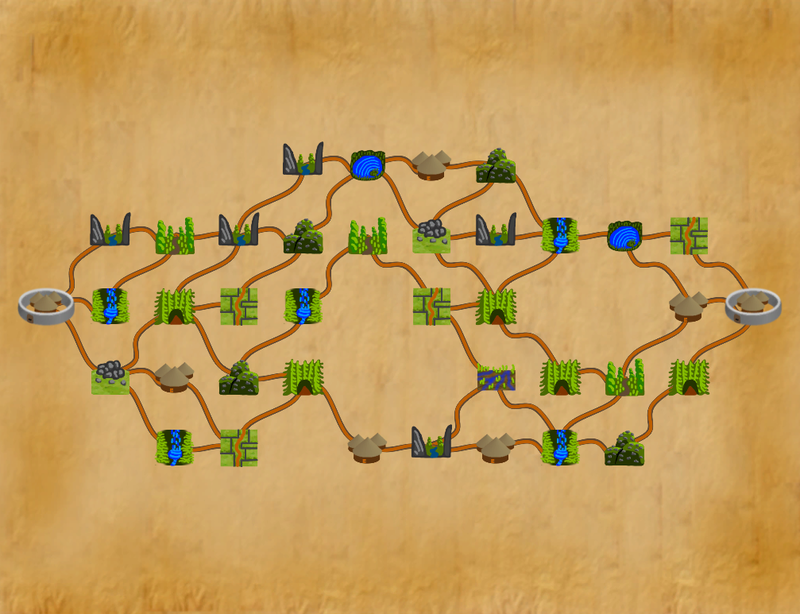Whether its universe manages to feel suitably vast and complex probably won't just come down to how many assets their procedural universe has whipped up, (and, seeing the interviews behind that, there do seem to be a metric ton of possible variations,) but rather it's going to be about how 'smartly' the procedural engine that populates the planets distributes them. It's absolutely inevitable that you will have plenty of creatures who are simply marginally different from one another, (looking at how many planets they've touted more than once, I think it'd be a physical impossibility NOT to have repetition,) but if they're able to spread out the different elements in such a way that the average player won't keep running into them... it might prevent things from feeling too old too quickly, especially given the actual life-to-lifeless ratio for planets means you won't be stumbling on a new, complex-life planet every ten minutes.
Truth be told, I'm FAR less concerned with the planets that have life on them, (again, they seem to be on top of things insofar as making lifeforms, trees, grass and plants,) and am instead a bit more worried about the LIFELESS ones. It was specified in interviews months and months ago that about one tenth of planets would have notable life, and one tenth of THOSE would have 'Space Dinosaur' levels of complexity insofar as lifeforms. On the one hand, there are good enough reasons for this- both increasing the longevity of the novelty of life-holding planets, and even making the act of discovering a planet with complex life slightly more exciting than 'Oh, look, Life-Bearing Planet Number Sixty-Seven. Productive first two days!' On the other, that means there are going to be literally dozens of planets that will not have flora or animal life to create variation contrasts, presumably meaning it's largely going to come down to topography, resources, sky, weather, etc, maybe facilities or crashed ships to add points of interest. That seems like it has the potential to get old a great deal faster, in which case maintaining engagement is likely to fall more extensively on the actual game mechanics.
As for those mechanics... well, they have them? That's really all I can say. I don't know how extensive their tech trees are, (i.e. if there's a 'level cap' when it comes to upgrading your equipment and ship, or building equipment and modifications, let alone what that cap would be,) so while there certainly are mechanics that will assist you in gathering resources to progress in terms of potency- mining on planets and in space, piracy/crime on planets and in space, exploration, even a rough form of diplomacy, I don't know at what point you'll be able to say 'Yup, I have the strongest suit, multitool and ship in the game. No need to horde resources anymore.'
That being said, my concerns aside, I do have to admit that what's been confirmed about the title interests me a great deal more than most of the other space titles I've played, including some very 'indie-scale' titles like Rebel Galaxy. Before that, I played Elite: Dangerous, and I found both titles highly educational in fleshing out exactly what I wanted out of a space-themed game, and what elements I didn't care about at all. So far at least, No Man's Sky is pushing all the right buttons with me, and I'm probably going to pick this up Day One regardless. x3 Even if all I end up with is a space game where I can fly to alien worlds, fight pirates, BE a pirate, have limited conversations with aliens, and blow holes in the terrain like an easily amused demolitionist, it's still gonna be worth it for me.

